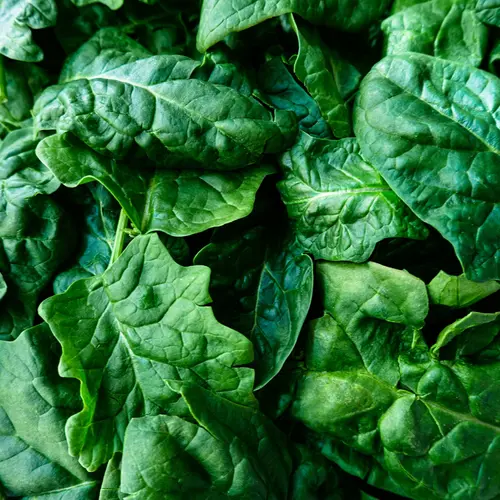You might only eat this veggie at Thanksgiving, but sweet potatoes are full of nutrients that make them worth having all year long.
The truth is they're not potatoes. They are naturally sweet roots in the morning glory family. Although Native Americans were growing sweet potatoes when Columbus came to America in 1492, these veggies grew in Peru as early as 750 B.C.
There are hundreds of types of sweet potatoes. Some have white or cream-colored flesh. Others are yellow, red, or purple. The "Covington" is the variety you're most likely to find at the store. It has pink skin and bright orange pulp.
While yams and sweet potatoes may look alike, a true yam is a tuber vegetable, like a regular potato.
Nutrients per Serving
One sweet potato has:
Vitamins and Minerals
Just one sweet potato gives you 102% of the vitamin A you need each day. This helps keep your eyes healthy as well as your immune system, your body's defense against germs. It's also good for your reproductive system and organs like your heart and kidneys.
Sweet potatoes contain:
Natural compounds called carotenoids give sweet potatoes their rich color. Carotenoids are also antioxidants, which means they have the power to protect your cells from day-to-day damage.
Health Benefits
Sweet potatoes earned the name "superfood" because of the amount of nutrients they have. Studies show they may help with:
Cancer. Carotenoids in sweet potatoes might lower your risk for cancer. Purple sweet potatoes are high in another natural compound called anthocyanin that might lower your chances of getting colorectal cancer.
Diabetes. Compounds in sweet potatoes could help control blood sugar. When boiled, sweet potatoes are low on the glycemic index (GI), which means they won't raise your blood sugar as quickly as high-GI foods.
Heart disease. Research shows that sweet potatoes can lower your LDL "bad" cholesterol, which may lower your odds of heart problems.
Macular degeneration. Large amounts of beta-carotene and vitamin A, which are in sweet potatoes, can lower your chances of getting this eye disease, which is the most common cause of vision loss.
Obesity. Purple sweet potatoes may help lower inflammation in your body and keep fat cells from growing, which may help you lose weight.
Risks and Warnings
Sweet potatoes are high in carbohydrates. Some methods of cooking, like baking, roasting, and frying, will raise their glycemic index and cause your blood sugar to spike. If you have type 2 diabetes, talk to your doctor or a dietitian about how to safely include this veggie in your meals.
Although very rare, some people have a severe allergy to sweet potatoes.
How to Prepare It
At the store, choose firm, not mushy, sweet potatoes that have even-colored skin. Use a stainless-steel knife to cut them. A carbon knife will darken the flesh.
While you may usually top your sweet potatoes with brown sugar and marshmallows at Thanksgiving, there are healthier ways to prepare them. You can steam, roast, boil, or microwave them. Sweet potato fries are also tasty, but don't eat them often. Although they offer more nutrients than fries made from white potatoes, they're still high in fat.
How to Store
If you keep your sweet potatoes in a dry area with lots of airflow, they'll last about a week or two. Don't put them in the refrigerator unless they're cooked. The cold will make them hard in the middle and will change their taste.
For sweet potato recipes, check out:
